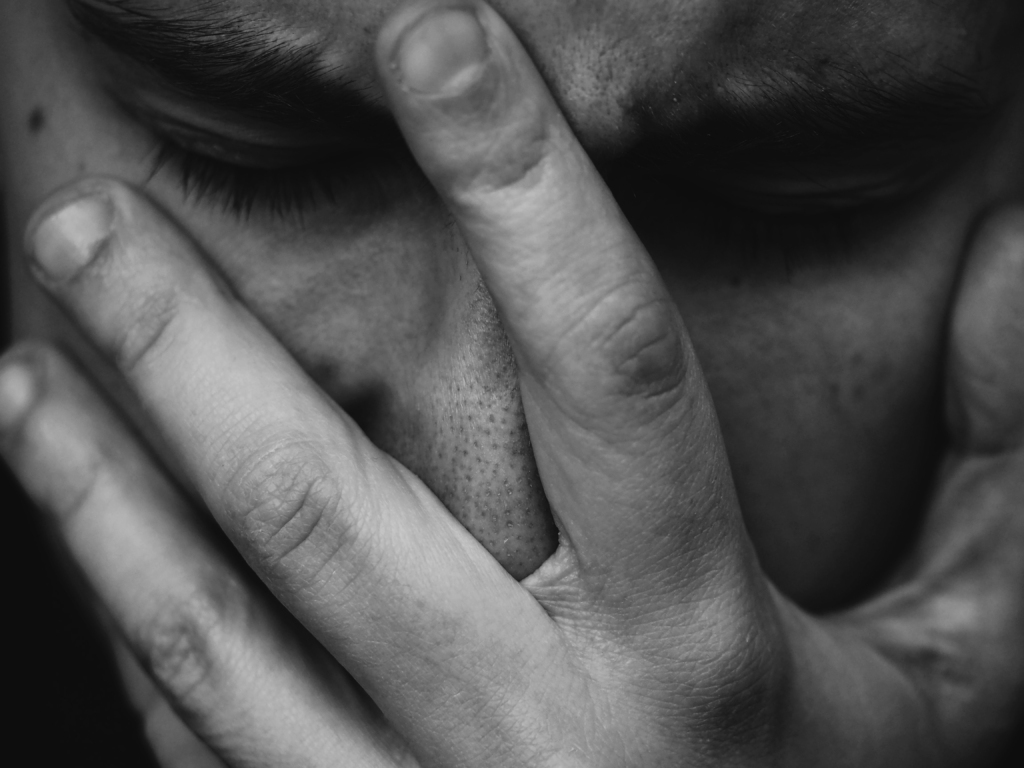Trauma can leave invisible wounds that linger long after the event has passed. Whether it stems from childhood experiences, a toxic relationship, an accident, or a sudden loss, trauma has a way of shaping our thoughts, emotions, and even our sense of self-worth.
Many people struggle in silence, believing they should “just get over it” or that their pain isn’t valid. But the truth is, healing takes time, and you don’t have to do it alone.
If you’ve ever felt stuck in the past, overwhelmed by emotions, or disconnected from yourself, this post is for you. Let’s talk about what trauma really is, how it impacts your life, and—most importantly—how you can start healing.
Understanding Trauma
Trauma isn’t just about what happened to you; it’s about how your mind and body responded to it. Some people experience a single major traumatic event, while others endure repeated emotional wounds over time. It can come from painful breakups, childhood neglect, losing a loved one, accidents, bullying, or any situation that left you feeling unsafe, powerless, or deeply hurt.
Even if the event itself is in the past, trauma often lingers in the present. It can show up in ways that may not seem obvious at first—overthinking, self-doubt, relationship struggles, or a persistent feeling of being “stuck.” Many people experience emotional triggers, react strongly to certain situations, or feel an underlying sense of anxiety they can’t quite explain. Others shut down emotionally, feeling numb or disconnected from themselves.
If you find yourself avoiding certain people, places, or memories, or if you feel like your past still has a hold on you, it may be time to acknowledge that trauma is playing a role in your life


The Impact of Trauma on Daily Life
Even when we think we’ve moved on, unresolved trauma has a way of showing up in our thoughts, emotions, and behaviors. Some people struggle with emotional triggers—sudden waves of sadness, anger, or fear that seem to come out of nowhere. Others experience chronic anxiety, overanalyzing situations and fearing the worst.
Self-esteem often takes a hit as well. Many trauma survivors struggle with feelings of unworthiness, believing they are broken or not good enough. In relationships, unresolved trauma can create trust issues, fear of abandonment, or difficulty opening up emotionally. Some people withdraw from others completely, while others find themselves stuck in toxic patterns, drawn to relationships that repeat the pain of the past.
The body also remembers trauma. Many people experience physical symptoms like headaches, fatigue, tension, or a general sense of unease without knowing why. The connection between the mind and body is powerful, and unprocessed emotions often manifest in physical ways.
How to Start Healing from Trauma
Recovery isn’t about forgetting the past—it’s about learning to live fully in the present. The first step is acknowledging your pain without judgment. Too often, people minimize their experiences, telling themselves it “wasn’t that bad” or that others have had it worse. But healing begins with validation. Your pain is real, and it deserves attention.
Breaking free from negative self-talk is another important step. Trauma often leaves behind an inner critic that whispers self-blame, shame, or feelings of inadequacy. These thoughts are not the truth—they are the echoes of past pain. Learning to challenge and replace them with self-compassion can be a powerful part of the healing process.
Creating a safe and supportive space is also essential. Whether it’s a trusted friend, a support group, or a therapist, having people who validate your experiences and emotions can make a huge difference. Healing does not have to be a journey you take alone.
For many, trauma creates emotional overwhelm, making it difficult to process feelings in a healthy way. Developing emotional regulation skills can help. Mindfulness practices, journaling, and deep breathing exercises can create a sense of control and calm. Small daily habits that promote self-care—getting enough rest, moving your body, and nourishing yourself—help rebuild trust with yourself.
While self-help strategies are valuable, trauma is complex, and sometimes professional support is necessary. Therapy provides a safe space to process experiences, release pain, and rebuild confidence. There is no shame in seeking help—it is one of the most courageous steps you can take.
You Are Not Your Trauma
No matter what you’ve been through, you are not broken. Healing is possible, and every step you take—no matter how small—is a step toward freedom, peace, and self-love.
If your past still feels like it has a hold on you, know that you don’t have to carry it alone. Trauma does not define you, and recovery is possible. It starts with a decision to take care of yourself, to seek support, and to believe that healing is within reach.
Trauma is a fact of life. It does not, however, have to be a life sentence.
Peter A. Levine

Healing is a journey, not a destination. With the right support and self-compassion, you can reclaim your peace and move forward with strength


